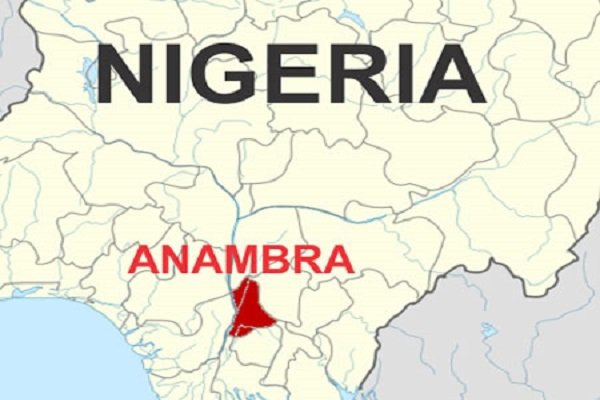A report by research firm SB Morgen (SBM) Intelligence has identified Port Harcourt, Lagos, Maiduguri, Jos, Calabar, Kano, Eleme Junction in Rivers State, and Onitsha as the eight most dangerous areas in Nigeria for security threats.
The report sheds light on cities and highways prone to theft, violent attacks, and road hazards, providing critical insights into the country’s security challenges.
Port Harcourt emerged as the most perilous city, with 85 reported incidents, predominantly involving armed robbery and kidnapping. Maiduguri followed with 52 incidents, attributed largely to insurgent activities. Lagos recorded 32 cases of urban crime, particularly in densely populated areas.
The report highlighted the Makurdi-Jos route as another hotspot, plagued by youth gang violence and farmer-herder conflicts. These issues often result in roadblocks and attacks on motorists, exposing lapses in government security measures. Jos, Calabar, and Kano reported 18 to 23 incidents each, primarily involving communal clashes and urban theft.
Eleme Junction, a vital transport hub in Rivers State, accounted for 16 incidents, while Onitsha’s bustling trade routes saw 15 cases of theft and related crimes.
Notably, the Port Harcourt-Warri route was flagged as more dangerous than the Abuja-Kaduna highway due to a rise in kidnapping-for-ransom cases.
The report revealed that 84.6% of respondents had either experienced or heard of security incidents along their travel routes. Only 42% considered the roads moderately safe, with a mere 2.4% describing them as very safe.
Infrastructure deficiencies, such as potholes, poor drainage, and traffic congestion, were also highlighted as factors exacerbating road hazards. The study called for enhanced security measures and improved road infrastructure to safeguard travelers.
SBM’s findings underscore the urgent need for strategic interventions to address these challenges and ensure safer travel across Nigeria.






